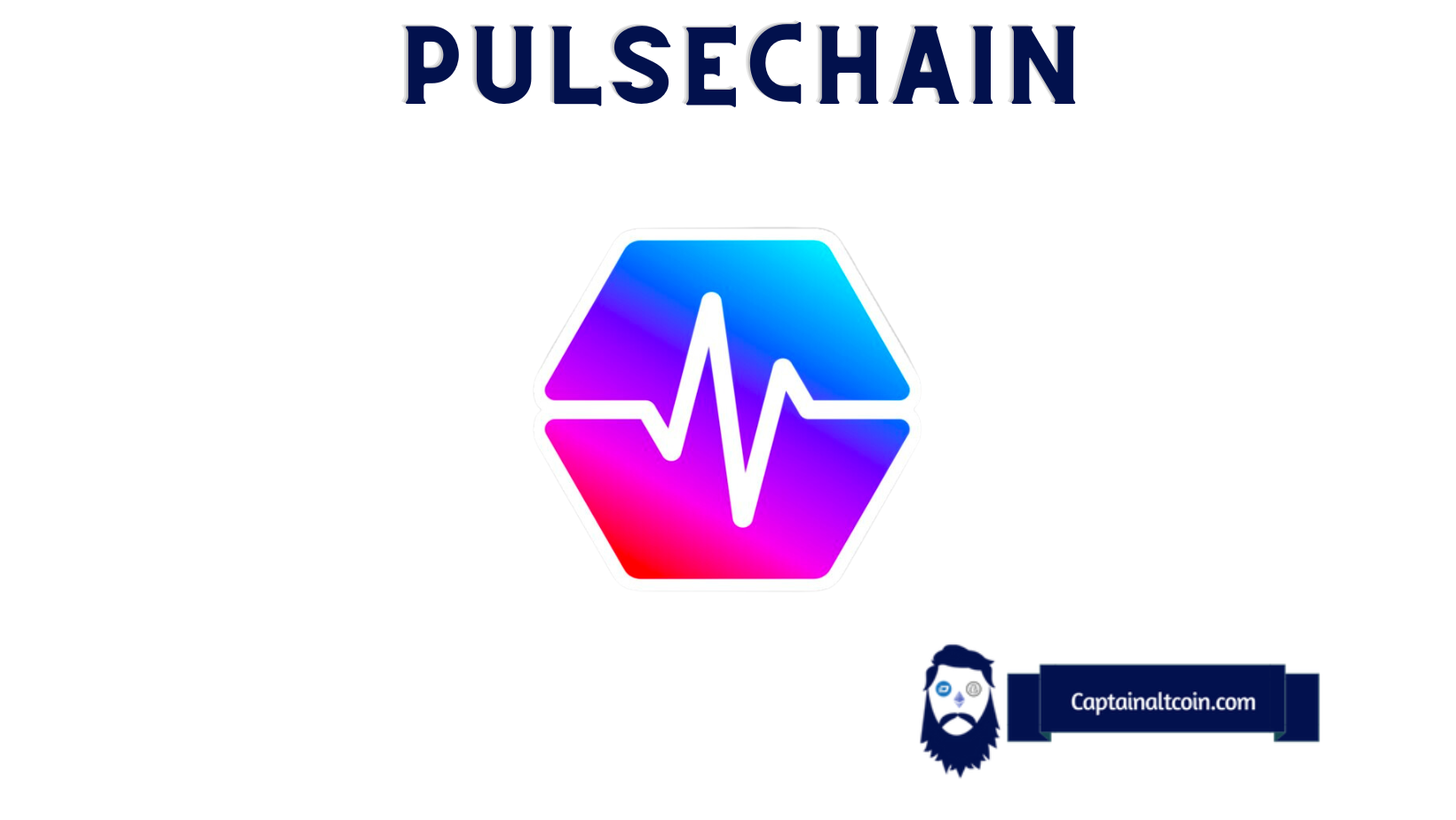
In the ever-evolving world of cryptocurrencies, new projects are launched every day, each promising to revolutionize the industry in its unique way.
However, not all of these projects live up to their hype, and some even raise serious concerns about their legitimacy. One such project that has been the subject of much debate recently is PulseChain.
Doge2014 raises 500K in days celebrating Dogecoin. Make potentially big profits and get in on exclusive airdrop!
Show more +What you'll learn 👉
The PulseChain Controversy
PulseChain, a project founded by Richard Heart, has been the subject of much scrutiny and skepticism. The project raised a staggering billion dollars through a “sacrifice” phase where users donated their tokens. While the donations were supposedly for freedom of speech, they were in reality tied to the issuance of new PulseChain tokens. This unconventional fundraising method has raised eyebrows in the crypto community.
One of the major concerns about PulseChain is the lack of tracking for its native token, PLS. The token is untracked on major platforms like CoinMarketCap, which raises questions about transparency and liquidity. Without proper tracking, it becomes challenging for investors to evaluate the token’s performance and make informed decisions.
Furthermore, PulseChain has been criticized for its claim of superiority over Ethereum due to its proof-of-stake consensus mechanism. This claim is misleading, as Ethereum has already transitioned to a similar system with the Ethereum 2.0 upgrade. By claiming to offer a feature that Ethereum already possesses, PulseChain seems to be capitalizing on outdated information to attract investors.
The Richard Heart Factor
To fully understand the potential risks associated with PulseChain, it is essential to examine the background of its founder, Richard Heart. Heart gained initial attention through the launch of Hex, a cryptocurrency that was widely criticized for its alleged pyramid-like structure and questionable marketing practices. Many experts cautioned against investing in Hex, citing concerns over its long-term sustainability.
Heart’s previous involvement in such contentious projects raises doubts about his intentions behind launching PulseChain. His association with previous projects, such as Hex, has raised concerns about his credibility and intentions. It is crucial for investors to thoroughly research the background of project founders and evaluate their track records before committing their resources.
Conclusion
Based on the available information, there are serious reservations about PulseChain. The lack of proper tracking for its native token, PLS, combined with the absence of reputable exchanges, raises concerns about transparency and liquidity. Additionally, PulseChain’s claim of being a superior alternative to Ethereum through its PoS mechanism is misleading. Furthermore, the involvement of Richard Heart, the controversial founder of PulseChain, further deepens the doubts surrounding the project.
While the world of cryptocurrencies offers immense opportunities, it also comes with its share of risks. As potential investors, it is crucial to exercise due diligence and conduct thorough research before investing in any project. As the saying goes, “Caveat Emptor” – let the buyer beware.





